
This week we explore whether or not a national state of emergency and criminalizing opioid abuse will really help to stop the problem.

This week we explore whether or not a national state of emergency and criminalizing opioid abuse will really help to stop the problem.
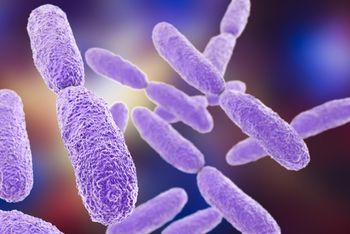
A team of researchers discover that Klebsiella pneumoniae is not the only culprit behind life-threatening healthcare-associated infections: there are two other Klebsiella species that share the blame.
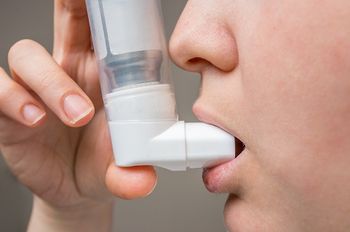
Lucy B. Palmer, MD, from Stony Brook University School of Medicine in New York argues that inhaled antibiotic therapy provides higher drug concentrations of antibiotics with fewer systemic side effects than IV therapy.

The results of a new study from Vanderbilt University provide more support for breastfeeding, revealing that sugars in human breast milk can help protect babies from bacterial infections.

New research reveals a way to help increase healthcare provider hand hygiene by empowering patients to take an active role.

A new study indicates that casual contact, such as kissing, is not a major threat in the transmission of Zika virus.
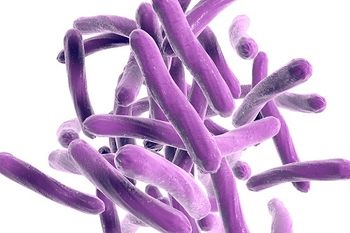
Researchers find that performing a TB diagnostic test in a clinic as opposed to a centralized laboratory greatly reduced patients’ time to treatment.

A new study looks at the microbial burden of sponges and dispels our beliefs on cleaning them.

Researchers from the University of Mississippi report a case of an HIV-positive man with pneumonia due to MRSA who was treated with dalbavancin.

The US Food and Drug Administration (FDA) recently approved delafloxacin (BAXDELA) for acute bacterial skin and skin structure infections in adults.

A herpes infection leads to deadly viral meningitis in an Iowa infant, an ingestible smart pill that can remind you to take your medications, global catastrophic biological risks, whether or not you should complete the full course of antibiotics, and all you need to know about Candida auris make up this week’s Top 5 articles.
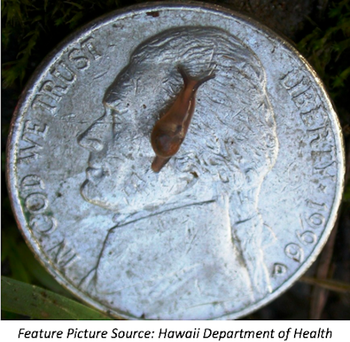
The Hawaii Department of Health has confirmed the first case of rat lungworm disease on Oahu for the year, bringing the statewide total to 16 cases, thus far.

A new study finds that sofosbuvir-based treatment in a real-life setting offered SVR rates greater than 90% in hard-to-treat HCV genotype 3 patients with advanced liver disease.

The results of a new study reveal increased risk of cardiovascular disease in adults previously hospitalized for pneumonia or sepsis.

Reports of increasing cases of antibiotic-resistant gonorrhea are on the rise and in fact, the World Health Organization has designated the infection as high priority as it poses a great public health threat.
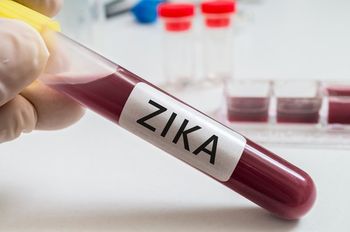
The FDA has just announced that it has made a panel of human plasma samples available to assist in evaluation of serological tests to detect recent Zika virus infection.
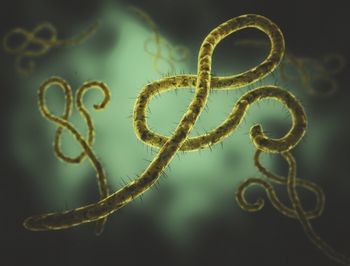
A recent study suggests that Ebola virus RNA can remain in the genital tract for more than 2 years following the acute infection period.

Newly diagnosed HIV patients have several options when it comes to notifying partners, but assisted partner notification leads to the best outcomes.

Only 6 countries have gone through pandemic preparedness—here is why that should worry us.

A recent study finds that prophylaxis with antifungal agents reduces the risk of invasive fungal infection in patients with hematological disorders.
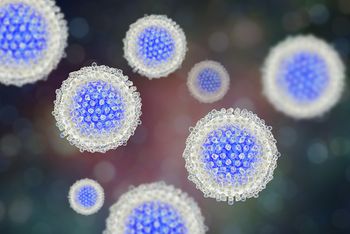
A recent study finds that the use of sofosbuvir-based direct-acting antivirals for HCV treatment was effective and well-tolerated in elderly patients.
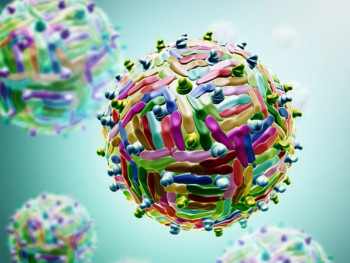
As new human cases of West Nile virus spring up in Mississippi, and health officials report a new West Nile virus-associated death in Louisiana, the first human case this season has sprung up in New York City.
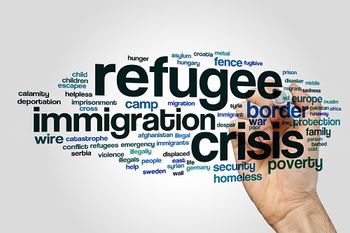
Can increased understanding of the role of the behavioral immune system reveal ways to address issues of bias in society?

The less-costly tobacco-plant derived vaccine will be targeted for the developing world.
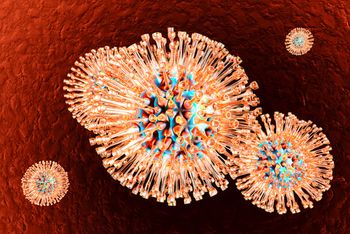
The recent death of an infant in Iowa who got meningitis following exposure to the herpes simplex virus serves as a grim reminder of how dangerous the virus can be for newborns.
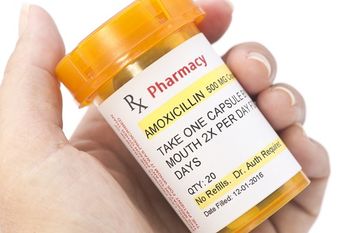
Jason C. Gallagher, PharmD, addresses the undetermined importance of fixed antibiotic durations.
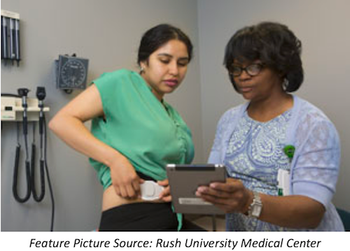
An ingestible smart pill developed by Proteus Digital Health can remind patients with chronic diseases to take their medication.

The Center for Health Security has given us a powerful tool against future biological threats.

Authors of a recent article takes a look at echinocandins, and how they present some advantages over other classes of antifungal agents.

New research on Zika, cases of swine flu infections, parallels between Zika and HIV, a new warning sign of HIV infection, and an increase in cyclospora cayetanensis infections in United States make up the top 5 articles this week.